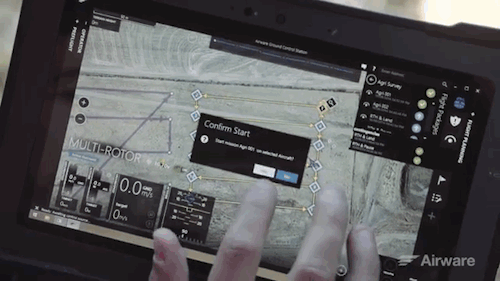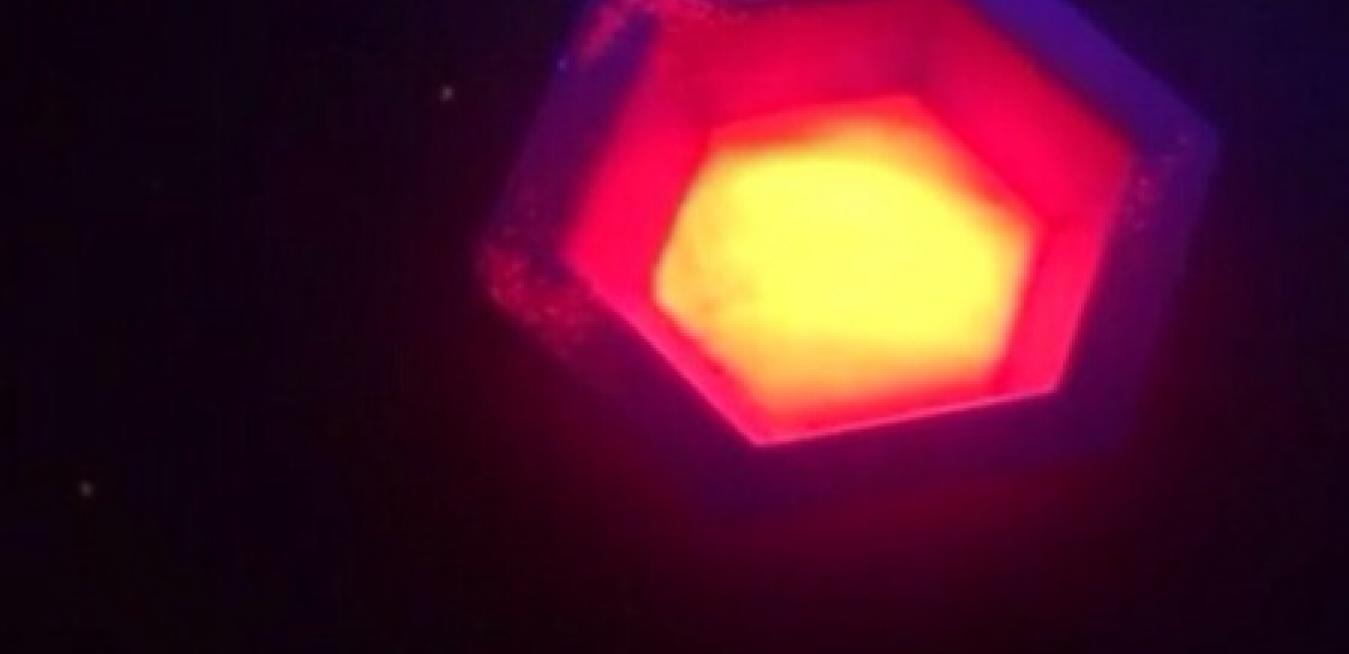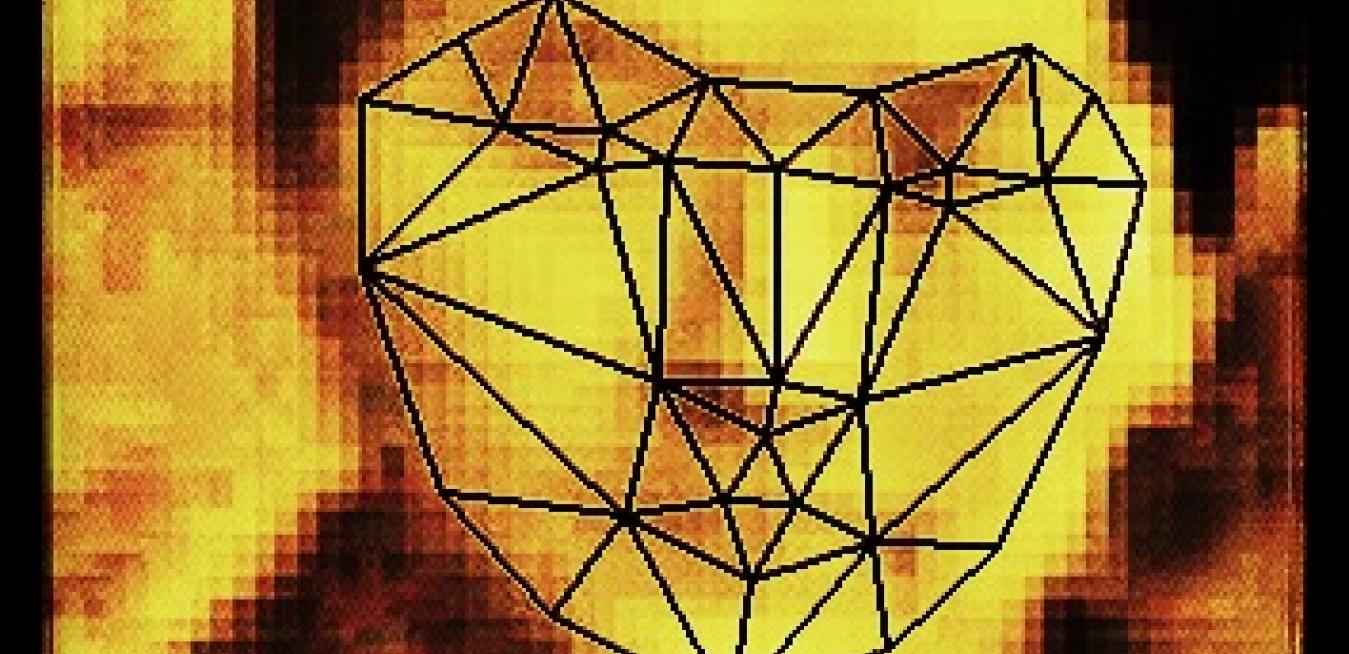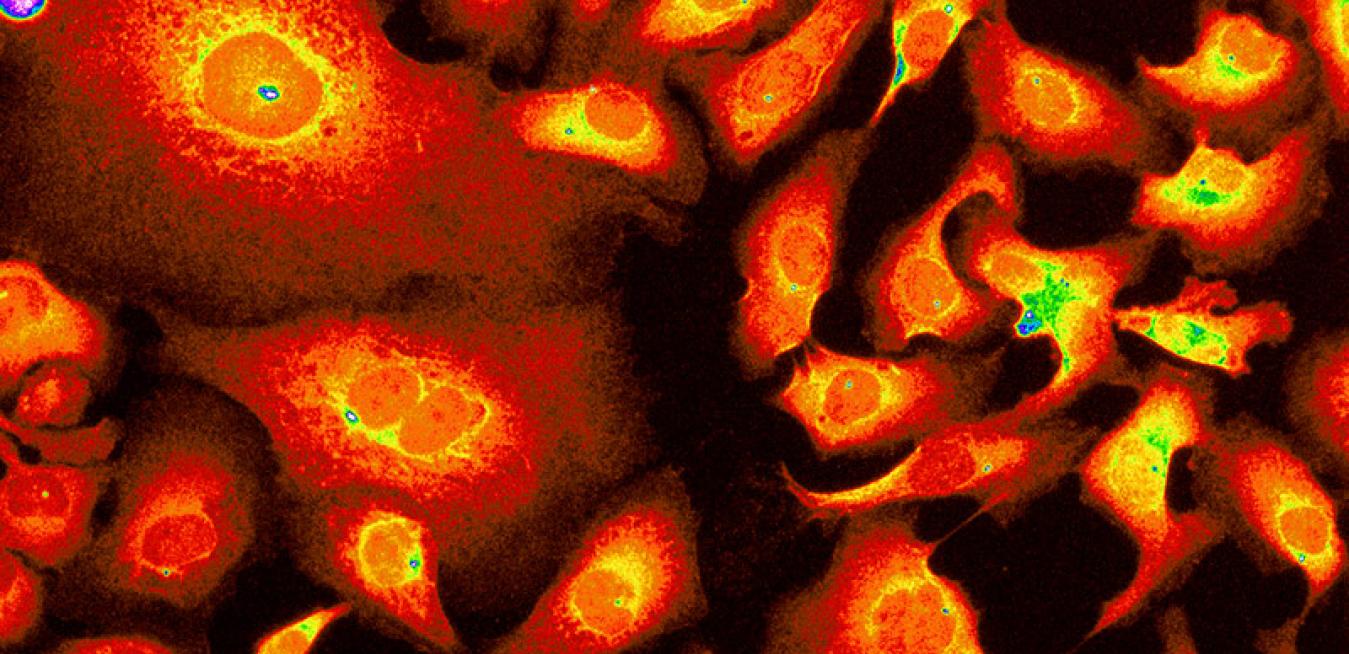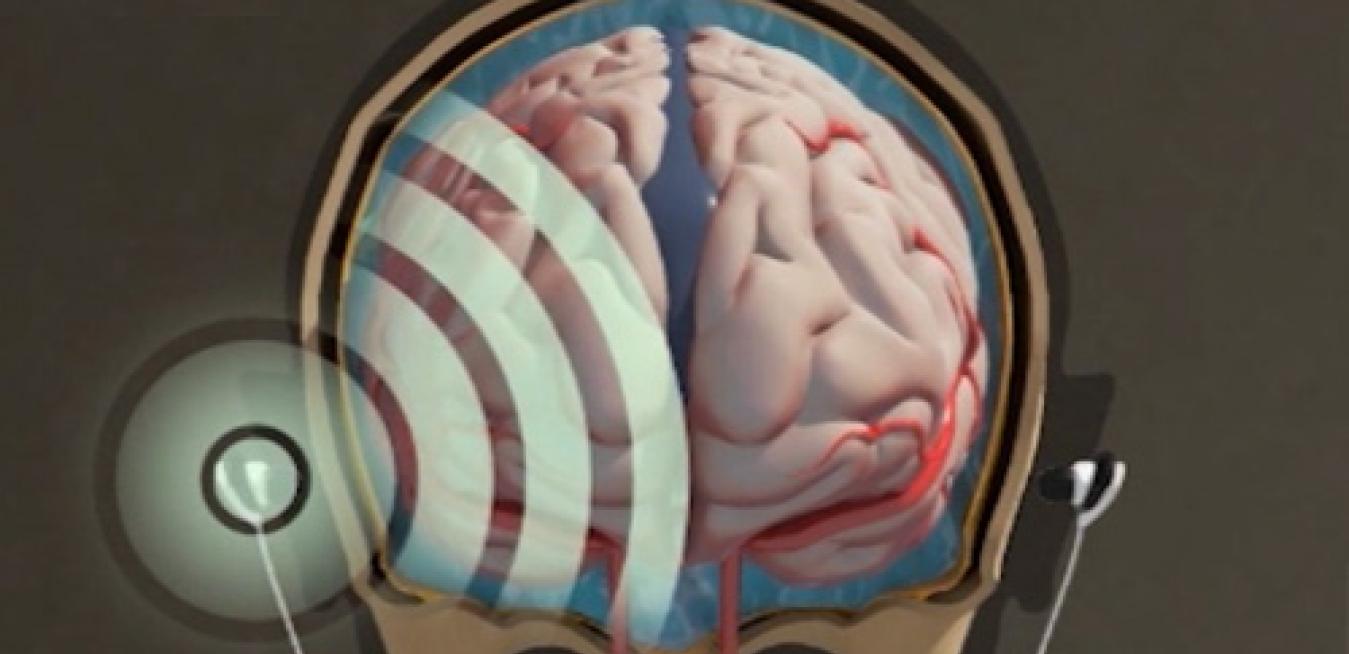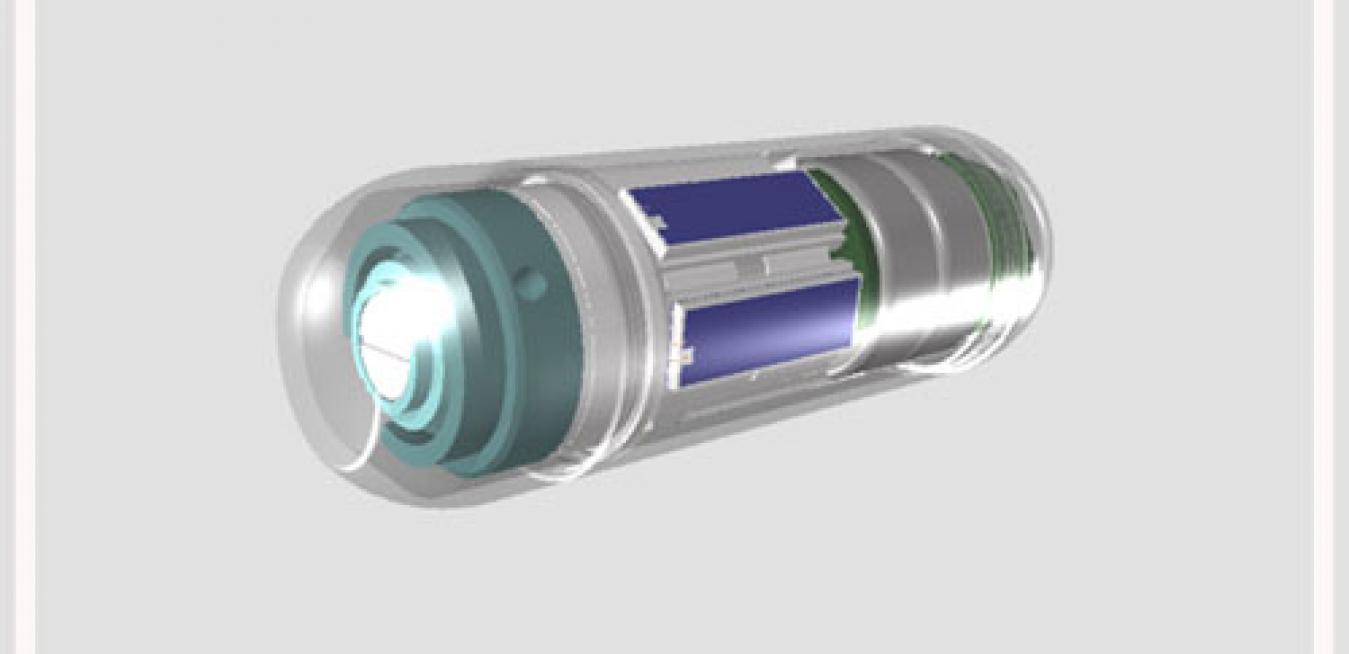Starting in the late 1980s, the Pentagon launched a top-secret constellation of two-dozen navigation satellites designed to guide U.S. nuclear missiles precisely to their targets. Then the Cold War ended, the technology shed the uniform, and put on civilian clothes. We know it as the Global Positioning System (GPS), and millions of drivers, hikers and bikers use it daily to find their bearings and map their workout routines.
Vadu Inc. is a Canadian startup using sophisticated face recognition algorithms and data analytics to study customer behavior. Like many young companies, it’s racing to convert ideas into products and compete on the market.
“We can study people’s movements and behaviors,” says Jason Randhawa, chairman and CEO of Vadu. “We can watch how they interact with the product and employees on the floor, analyze their reactions and sentiment, and see what they like or don’t like about the experience.”
RainDance Technologies is developing new “liquid biopsy” systems using tiny droplets separated by oil to analyze DNA. Researchers using the technology are evaluating its ability to identify whether the samples may contain cancer, viruses, pathogens and markers released by the immune system.
The new tools could allow doctors to test tumors and cancer cells with a simple needle prick. RainDance, which is based in Billerica, Mass, just received a new $16.5 million round of financing from a group of investors including GE’s venture capital arm, GE Ventures.
Inside knowledge: Check-Cap’s capsule may help doctors screen for polyps, the precursors of colorectal cancer.
